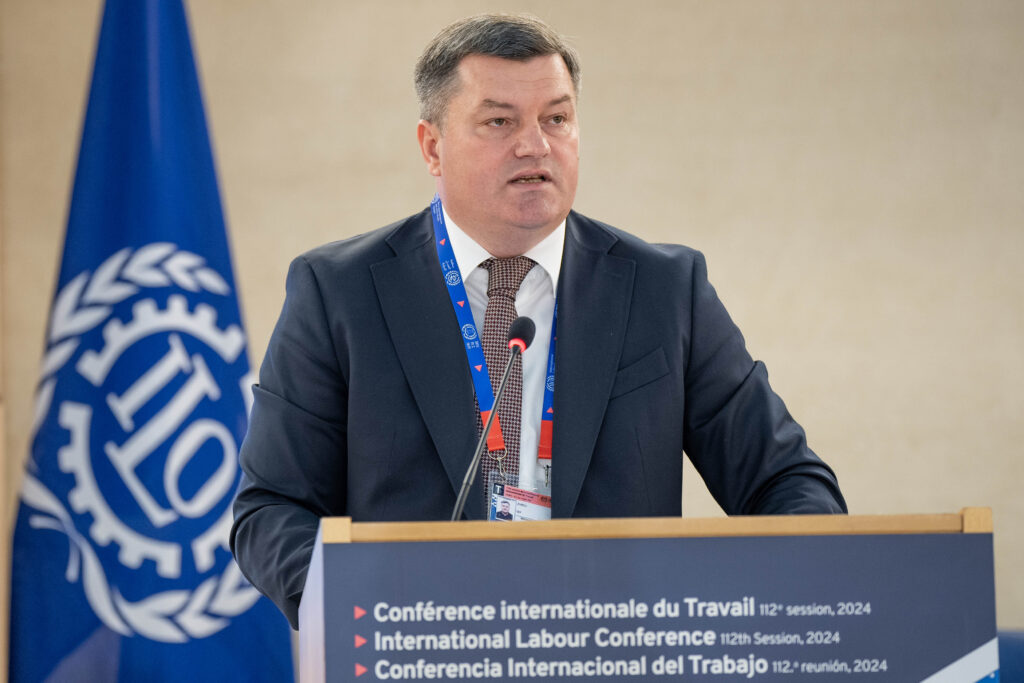The President of the National Trade Union Confederation of Moldova, Igor Zubcu, and the President of Trade Union Federation of Transport and Road Workers’ of the Republic of Moldova, Petru Lungu, are participating in the international conference on “Climate change and just transition: the role and activities of trade unions”, which is taking place in Baku, Azerbaijan, from September 26-27, 2010.
The conference is organized by the Confederation of Trade Unions of Azerbaijan, with the support of the International Labour Organization’s Bureau for Workers’ Activities (ILO-ACTRAV), the International Trade Union Confederation (ITUC) and the ITUC’s Pan-European Regional Council (PERC).
According to the organizers, the conference aims to promote the role of trade unions in climate change and just transition processes, identify and implement priorities for COP29 (international forum on climate change), exchange experiences of trade unions from different regions of the world and expand cooperation between trade unions, governments and employers.
This conference, held on the eve of COP29, will be an important forum between countries that have been successful in tackling climate change and those that have little experience in this field. The conference noted that it is very important for trade unions to be active in relation to climate change and the “green economy”, to pay attention to the creation of “green jobs” and to share their ideas and visions in this respect.
The participants discussed the effects of climate change on the global economy, the transition to the “green economy” and the social risks that will arise in this respect and how to deal with them, as well as the importance of social partnership. In the speeches of the speakers it was mentioned that the realization of decent work based on the development of social dialogue is one of the main conditions for the successful implementation of measures in the period of transition to the “green economy”, and this requires the application of new approaches in the development of the sphere of work and social protection.
In their speeches, the guests spoke about the consequences of climate change in the world, the steps taken by international organizations in this direction, the efforts and role of trade union organizations, the importance of dialogue and exchange of ideas on labour rights.
According to an ILO report, by 2030, up to 3.8% of all working hours could be lost due to climate-induced high temperatures. Poor air quality, disease-carrying pests, floods and wildfires will also affect workers and lead to job losses. To meet these challenges, the ILO recommends concrete steps towards a just transition, involving all social partners, to better protect jobs globally.

